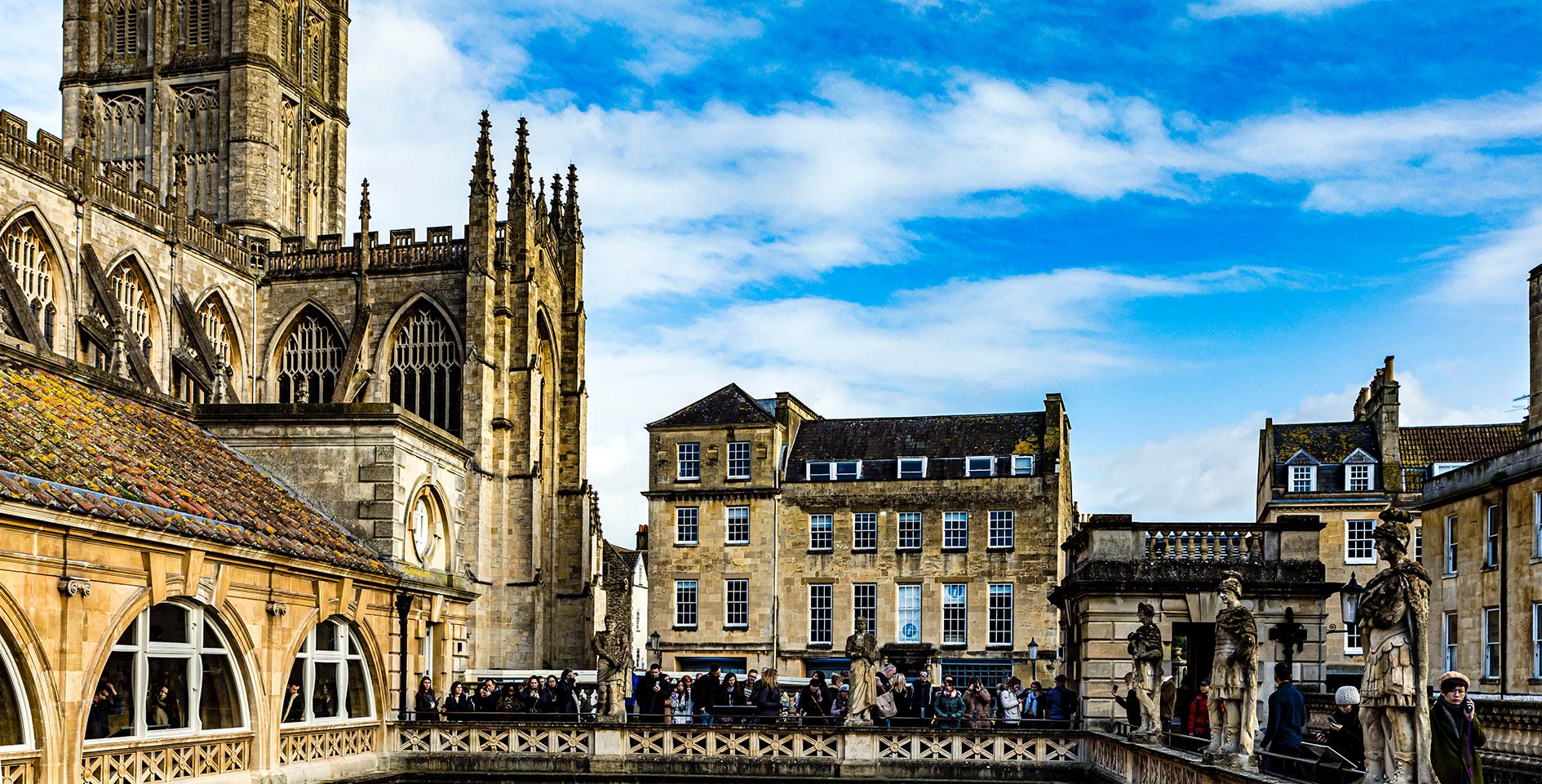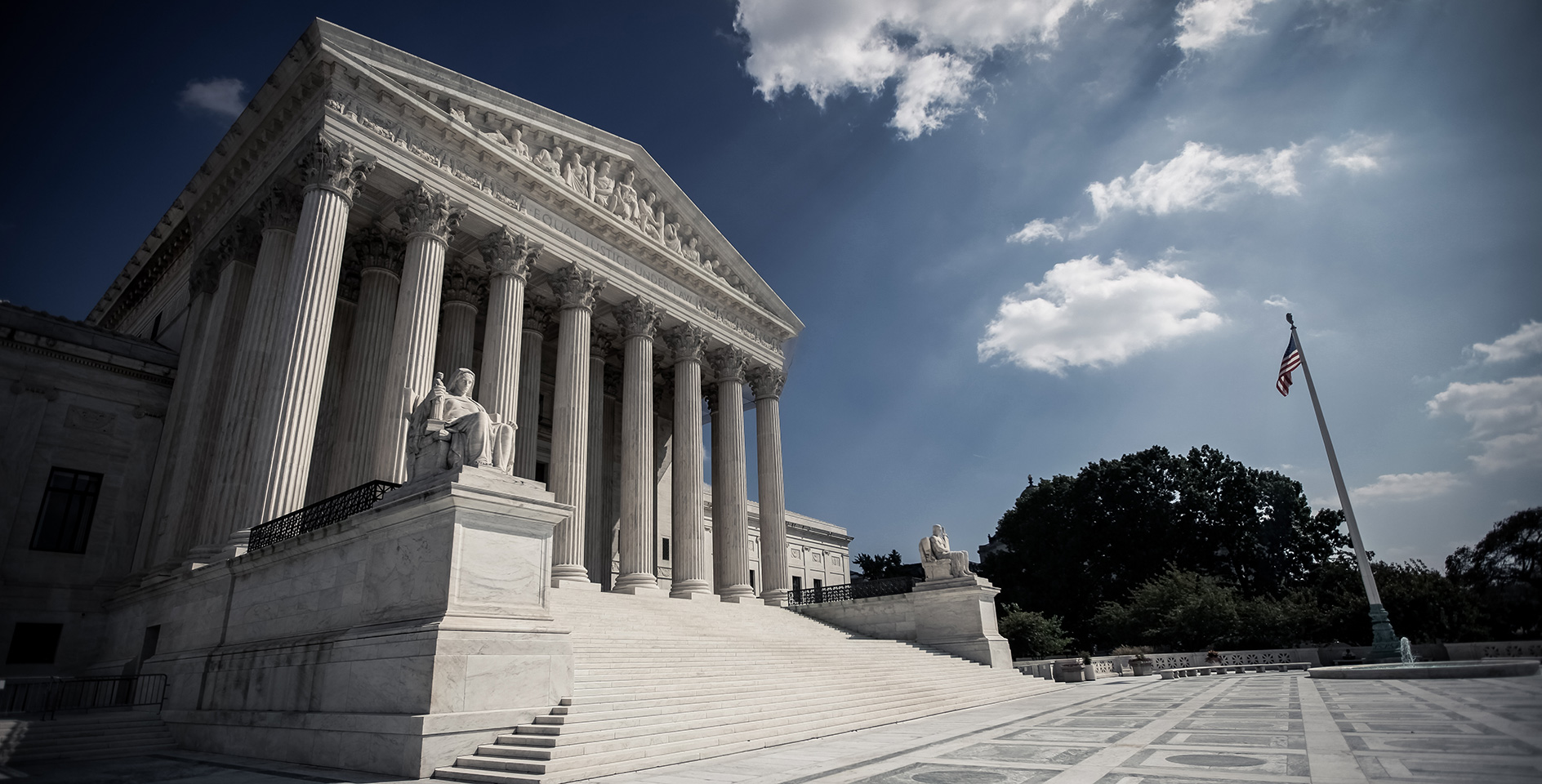Tonight, the Supreme Court declined to hear an emergency appeal from the Ninth Circuit in the case of Calvary Chapel v. Sisolak. The case involves challenges brought by a number of churches in Nevada—including Southern Baptist churches—to the Nevada governor’s reopening plans which treated similar entities, indoor spaces where people gather, differently.
Under Governor Steve Sislolak orders, casinos in Nevada are permitted to reopen at 50% of their capacity. That means that if a casino’s maximum capacity is 1,000 people, the casino may allow 500 people in to gamble at its tables. Churches are also allowed to reopen, but the Governor’s order limits church gathering capacity to 50 individuals, regardless of the size of the gathering space. This is the case no matter what other safety measures the church puts in place to combat the spread of Covid-19.
As the ERLC has repeatedly advocated in our engagements with Governor’s offices and city halls around the country throughout this pandemic, churches must be treated the same as similar businesses, spaces, and activities. This case denied by the justices tonight is an example of disparate treatment and a violation of the religious liberty of millions of Nevadans.
Represented by Alliance Defending Freedom, a number of churches in the Silver State sued Governor Sislolak, arguing that these regulations, which treated churches unequally, denied their religious freedom. The churches lost their case at the district court, and appealed to the Ninth Circuit, where they lost again. They then filed an emergency appeal to the U.S. Supreme Court. Tonight, in a 5-4 decision with Chief Justice Roberts joining the four liberal justices, the Court declined to hear the emergency appeal.
Four justices—Justices Thomas, Alito, Gorsuch, and Kavanaugh—together issued three blistering dissents from the Court’s refusal to take up this emergency appeal. Justice Gorsuch perhaps sums up the situation best in his dissent:
“This is a simple case. Under the Governor’s edict, a 10-screen “multiplex” may host 500 moviegoers at any time. A casino, too, may cater to hundreds at once, with perhaps six people huddled at each craps table here and a similar number gathered around every roulette wheel there. Large numbers and close quarters are fine in such places. But churches, synagogues, and mosques are banned from admitting more than 50 worshippers—no matter how large the building, how distant the individuals, how many wear face masks, no matter the precautions at all. In Nevada, it seems, it is better to be in entertainment than religion. Maybe that is nothing new. But the First Amendment prohibits such obvious discrimination against the exercise of religion. The world we inhabit today, with a pandemic upon us, poses unusual challenges. But there is no world in which the Constitution permits Nevada to favor Caesars Palace over Calvary Chapel.”
In a separate dissent, Justice Kavanaugh adds, “the idea that allowing Calvary Chapel to admit 90 worshippers presents a greater public health risk than allowing casinos to operate at 50% capacity is hard to swallow, and the State’s efforts to justify the discrimination are feeble.”
Commenting on the denial of the emergency appeal, Russell Moore said:
“I am saddened and disappointed that the Supreme Court did not take this opportunity to bring sanity into this dispute over religious exercise in Nevada. For weeks, churches in Nevada have faced unfair restrictions while the doors of casinos, restaurants, and bars have been flung wide open. As a nation, we are all facing an unprecedented global pandemic, and we must all work together to combat this virus. As virtually every court and almost every religious organization has affirmed: the state has legitimate rights and obligations to protect public health in an emergency such as this. Every restriction, though, must be both rooted in compelling interest and be consistently applied. Nevada from the start should have relied on pastors and religious leaders to be partners in combating Covid-19 as they have apparently done with casino magnates. Nevada’s insistence on treating churches differently than casinos is inexplicable and must stop.“
The Supreme Court’s refusal to hear this emergency appeal means that the case will return to the lower courts. The ERLC will continue to advocate for the religious freedom of churches in Nevada and across the United States during the Covid-19 pandemic, as we work together to combat the virus.









